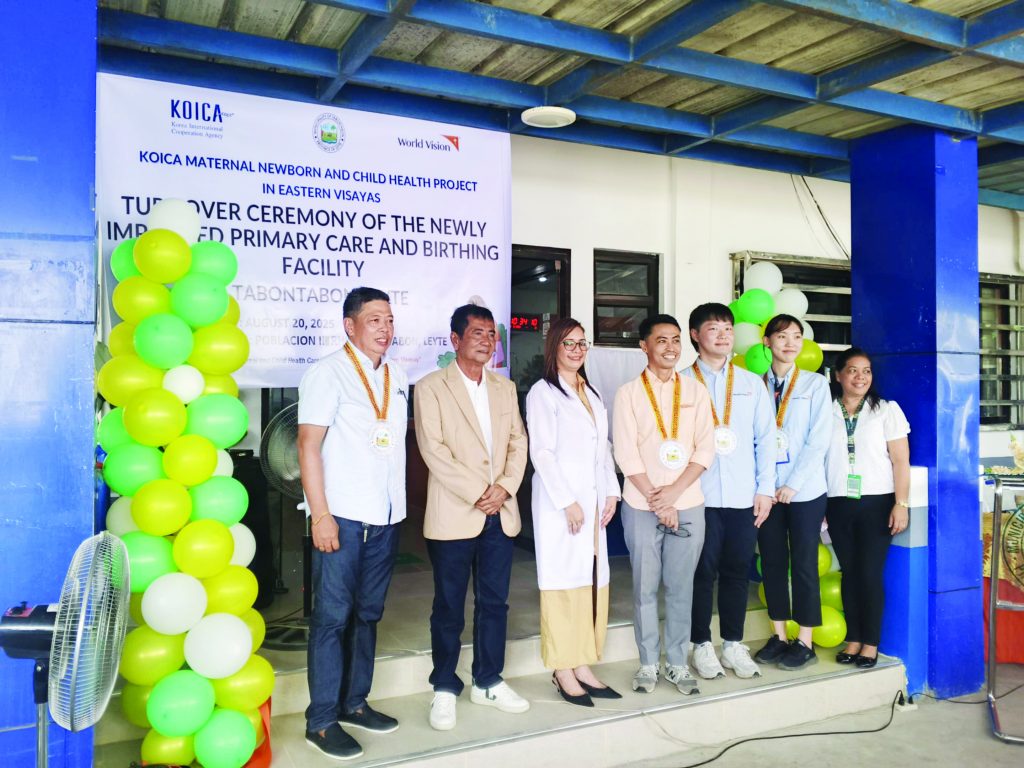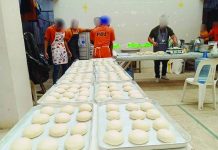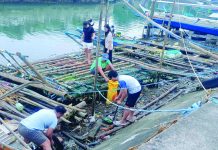
TABON-TABON,Leyte– This poor municipality has officially received a newly rehabilitated Rural Health Unit (RHU) from the Korean International Cooperative Agency (KOICA) and World Vision during a turnover ceremony held on Wednesday, August 20.
The RHU building underwent major repairs a decade after it was first constructed by the United States Agency for International Development (USAID) in 2015, following the devastation caused by Super Typhoon ‘Yolanda’ (Haiyan).
Dr. Rosale Caimoy, the municipal health officer, expressed gratitude for the assistance extended to their fifth-class municipality.
“We are really happy that KOICA and World Vision helped us repair our RHU, which has needed rehabilitation since it was built in 2015,” she said in an interview after the ceremony.
“With an improved facility, we can now serve our patients better. We are truly thankful to them,” she added.
Mayor Efren Redona also thanked KOICA and World Vision and assured them that the facility would be used according to its intended purpose.
In addition to rehabilitating the RHU, KOICA and World Vision provided essential medical supplies and equipment, including delivery and recovery tables, blood pressure apparatus, and oxygen tanks. The town, located about 28 kilometers from Tacloban City, also received a brand-new ambulance.
Hyunseong Ji, compliance adviser for the KOICA-Maternal, Newborn and Child Health (MNCH) Project under World Vision Korea, highlighted the goal of reducing maternal and child mortality through improved health facilities.
“We believe that maternal and child care is the foundation of a healthy community, which is why KOICA and World Vision partnered to improve this facility,” he said.
“Many children are being born, but health facilities remain inadequate. We hope that many children in the Philippines will not only be born but will also grow up healthy and strong,” he added.
According to Dr. Caimoy, the facility can only accommodate normal deliveries, while complicated cases are referred to a hospital. On average, the RHU handles six to 10 deliveries per month.
Romil Jeffrey Juson, project manager of the KOICA-MNCH Project under World Vision, said Tabon-Tabon was selected because its RHU needed significant repairs to ensure safe and quality health services.
“Aside from being far from the city and having remote barangays, the RHU needed major repairs to make it safe and not hazardous to patients,” Juson explained.
He emphasized that with improved facilities, expectant mothers would be more inclined to deliver at the RHU rather than at home.
The municipality has an ordinance prohibiting home births to reduce risks to both mothers and babies.
(JOEY A. GABIETA)



